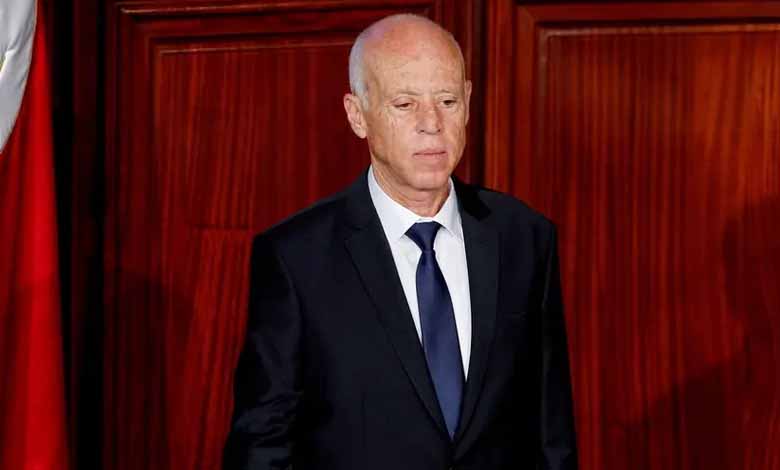Tunisia – The difficult opposition to President Kais Saied

On Sunday, May 1st, Labor Day and the eve of Eid, Tunisian President Kais Saied delivered a speech to justify his “road map”, scratching the political class and all its critics, “enemies of democracy in the service of foreign forces”.
He did not deviate from the rule. Backed by bellicose tirades against those who “try to reach the state during Ramadan rather than spend their evening in the mosque”, Kais Saied kicked off the drafting of a new Constitution: drafted by a committee of experts, it should be based on the national consultation in which some 500 000 Tunisians participated earlier this year.
Kais Saied also announced a “national dialog” that would exclude “those who destroyed the country”.
His speech caused no outcry, nor did the gradual dismantling of institutions acquired after the 2011 revolution, which marked the past year. Full powers, freezing and then dissolution of Parliament, dissolution of the Council of the Judiciary, reform by decree of the Independent Supreme Electoral Authority : reactions from civil society and intellectuals remain timid.
In the streets, the protest against Kais Saied’s decisions is confined to two political opposition movements, which fail to gather beyond their activists. One is led by constitutional scholar Jaouhar Ben Mbarek with the “collective against the coup”, supported by the Islamist-conservative Ennahdha party. On 26 April, they were joined by five liberal and social-democratic parties, which formed a “National Salvation Front” at the initiative of the politician, Ahmed Nejib Chebbi, 78. But it found little resonance because of strong popular rejection of Ennahdha, who had been in power for ten years.
The second opposition movement revolves around Abir Moussi, an MP and president of the Free Destourian Party, an anti-Islamist party, claiming the legacy of former President Habib Bourguiba. But his discourse, which was sometimes considered too divisive, prevented him from joining other currents. Faced with this lack of political alternatives, local associations, largely made up of young people who mobilized in the wake of the 2011 revolution, are struggling to position themselves. “There has been a shortfall in their commitment, because of the same disenchantment that has pushed Tunisians away from politics in recent years”, explains feminist activist Bochra Belhaj Hmida.
Some structures try to take a position. I Watch, an anti-corruption NGO that supported the July 25, 2021 coup, is now calling for a boycott of the constitutional referendum that was announced for this summer. The NGO Al Bawsala, which fights for transparency in governance, has repeatedly warned against the president’s authoritarian excesses, as have some academics and lawyers. But the “state of amazement” that the country has plunged into after the exceptional measures taken by Kais Saied means that many are still “waiting or looking for new levers of action”, explains Salma Jrad, director of Al Bawsala.












